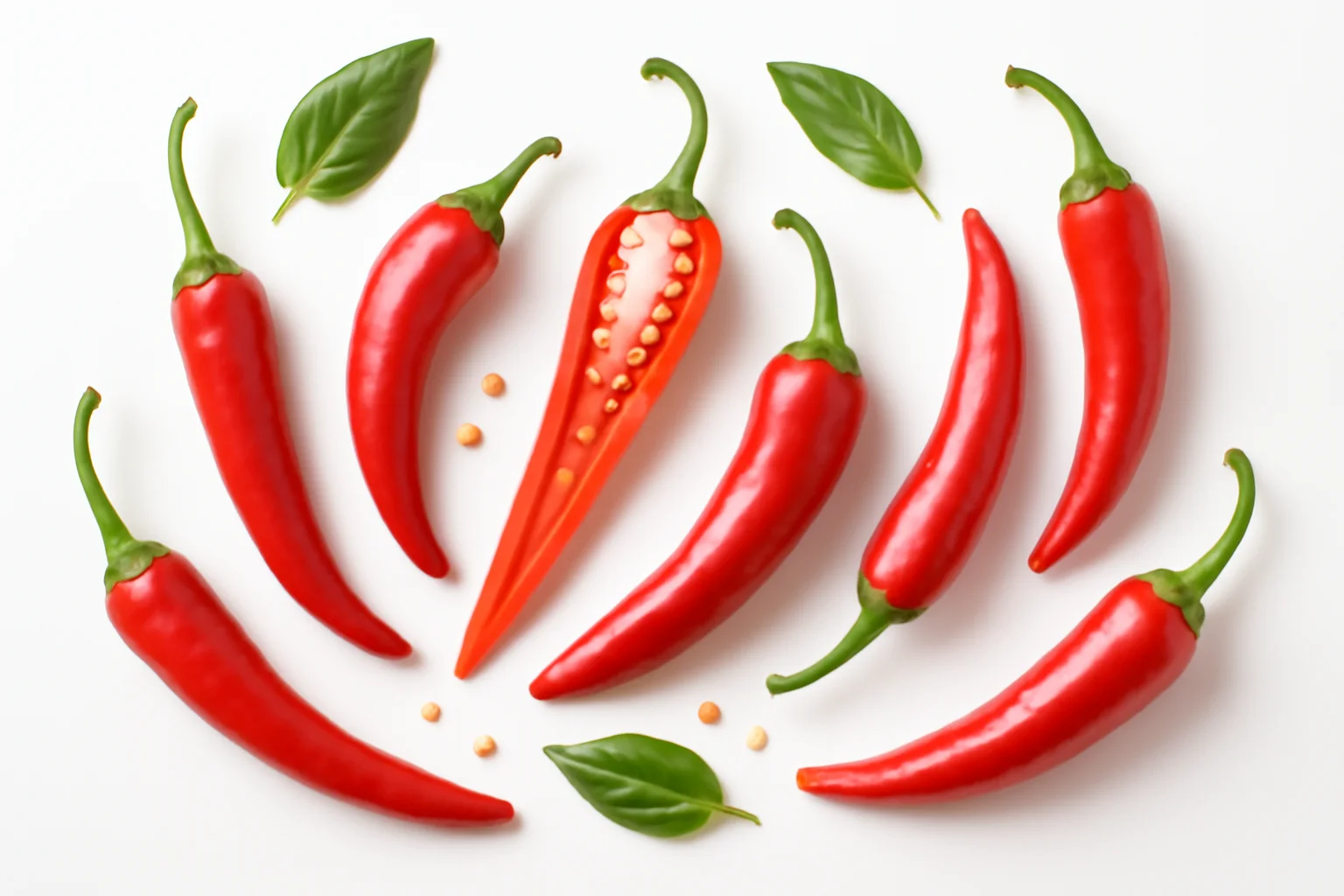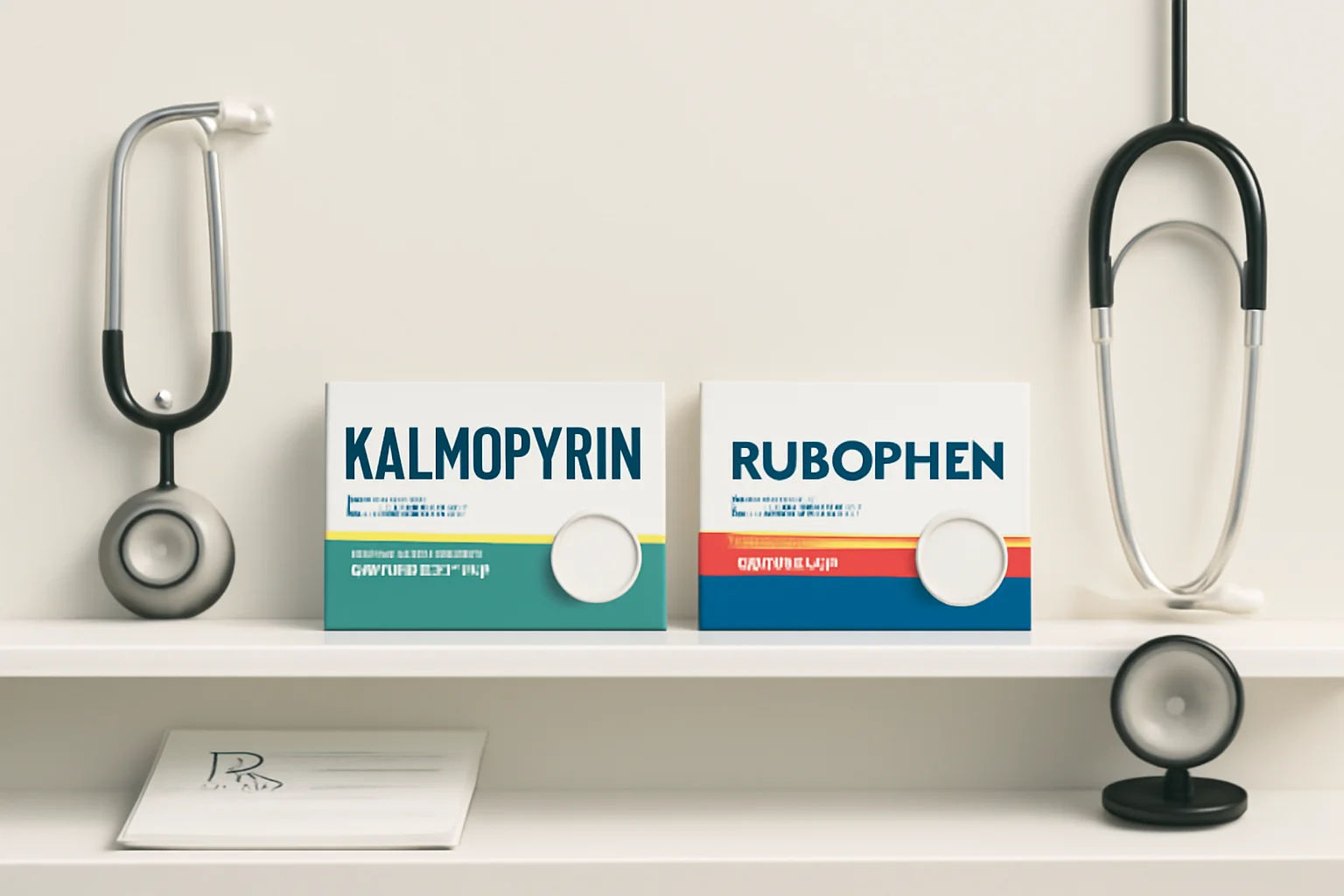
The Beneficial Effects of Hot Peppers on Health and the Kitchen
The spicy pepper, also known as chili, is considered one of the world’s most popular spices, and it is not only flavorful but also has numerous health benefits. People have been using it in the kitchen for centuries to season various dishes, but the nutritional content and medicinal properties of spicy peppers are receiving increasing attention. Different varieties of peppers, such as jalapeño, habanero, or cayenne, offer various flavor and heat levels, allowing us to enrich the flavor profile of our cuisine. Spicy peppers are not just seasonings; they are also a versatile superfood rich in vitamins, minerals, and antioxidants. The compound called capsaicin, which is responsible for the spiciness, also has many health benefits, as recent research has shown. The consumption of spicy peppers is widespread in various cultures, and they are used not only in cooking but also in medicine.
The Nutritional Content of Spicy Peppers
Spicy peppers are extremely rich in nutrients that contribute to maintaining our health. One of their most important components is capsaicin, the compound responsible for the heat of the pepper. Capsaicin not only gives the pepper its spicy flavor but also has numerous beneficial effects. Additionally, spicy peppers contain significant amounts of vitamins, such as vitamin C, vitamin E, and vitamin A. Vitamin C is a powerful antioxidant that helps strengthen the immune system and maintain skin health.
Spicy peppers are also rich in minerals such as potassium, magnesium, and iron. Potassium plays an important role in regulating blood pressure, while magnesium contributes to muscle and nerve function. Iron is essential for the formation of red blood cells, so consuming spicy peppers can help prevent anemia. Furthermore, the fiber content of peppers is also noteworthy, as it contributes to digestive processes and the health of the gut microbiome.
The presence of antioxidants in spicy peppers also offers significant advantages. Antioxidants protect cells from the harmful effects of free radicals, thus helping to reduce the risk of chronic diseases such as heart disease and cancer. Therefore, regular consumption of spicy peppers can be not only tasty but also beneficial for health.
The Health Benefits of Spicy Peppers
Spicy peppers have numerous health benefits, many of which are supported by scientific research. One of the most important advantages is that capsaicin can help alleviate pain. Medical studies show that capsaicin, when applied in the form of creams and patches, can reduce chronic pain, such as neuropathic pain. Additionally, due to its anti-inflammatory properties, capsaicin may also be beneficial in treating certain inflammatory conditions.
Spicy peppers can also contribute to weight loss. Capsaicin stimulates metabolism and promotes fat burning. Some studies suggest that consuming spicy foods can increase thermogenesis, or the body’s heat production, which can aid in calorie burning. For this reason, incorporating spicy peppers into the diet may support weight loss goals.
They also have favorable effects on cardiovascular health. Consuming spicy peppers can help lower blood pressure and improve cholesterol levels. Capsaicin can reduce levels of “bad” LDL cholesterol while increasing levels of “good” HDL cholesterol, which may reduce the risk of heart disease.
Furthermore, spicy peppers have a beneficial effect on the respiratory system. Capsaicin can help dilate airways, making breathing easier, especially during colds or allergic reactions. Consuming spicy foods can stimulate mucus production, thus aiding in clearing the airways.
The Role of Spicy Peppers in the Kitchen
The versatility and delicious nature of spicy peppers have made them an essential part of kitchens worldwide. Different varieties offer various flavor profiles, allowing everyone to find the one that suits them best. Spicy peppers serve not only as seasonings but also enrich dishes with their color and texture.
The use of spicy peppers is incredibly diverse. They can be used fresh, dried, in powder form, or even pickled. Fresh peppers shine in salads, sauces, and soups, while dried peppers or pepper powder can add an extra kick to spicy dishes. Chili powder, pepper puree, and various chili sauces can be found in almost every kitchen, enhancing the flavor of many dishes.
Spicy peppers are also popular in Asian, Mexican, and Indian cuisines, where the richness of spices and flavors is essential. Jalapeño and habanero are particularly popular in Mexican dishes, while Asian cuisine often uses sweet chili sauce and sambal. Spicy peppers are frequently found in Indian curries, enhancing the flavor of the dish.
Spicy peppers not only season dishes but also form a significant part of the preparation of many foods. They can be used to make marinades, salsas, chutneys, or even spicy soups. Therefore, spicy peppers not only expand the range of seasoning options but also provide opportunities to creatively experiment with flavors.
Overall, spicy peppers are not just a flavorful spice; they are a versatile and beneficial food that enriches the kitchen and contributes to maintaining health.
**Warning**: The health benefits mentioned in this article are for informational purposes only and do not replace medical advice. If you have health concerns, please always consult a healthcare professional.

